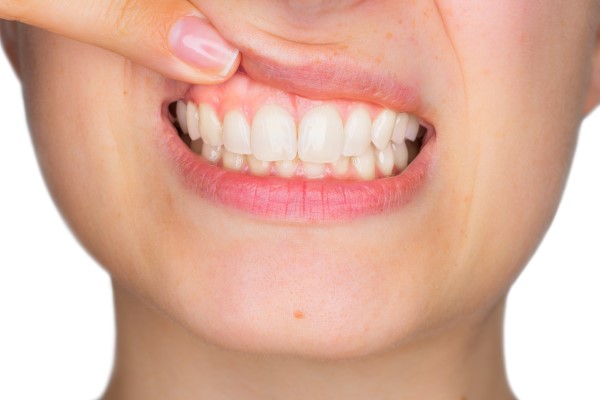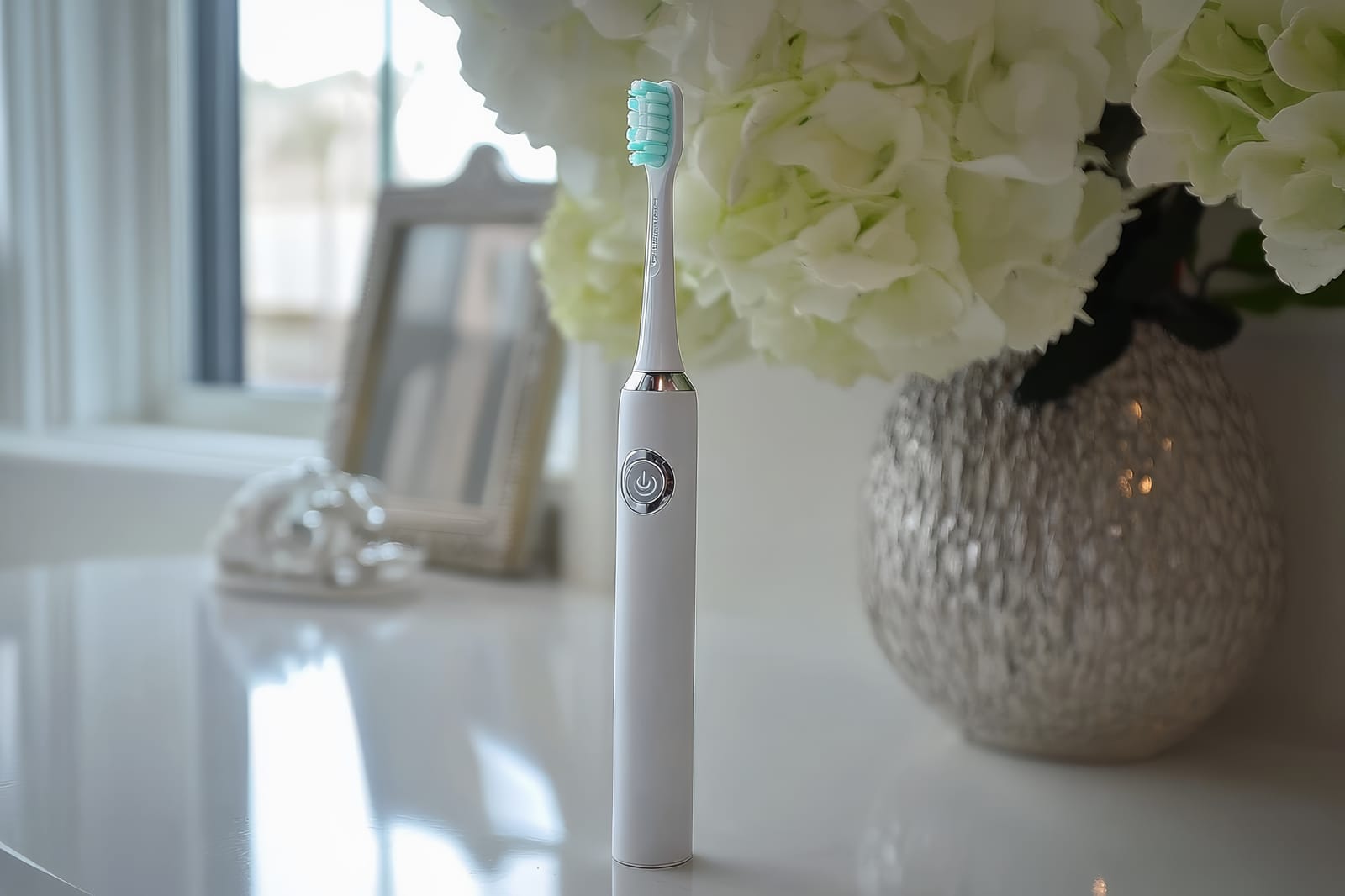Healthy Gums: What Is Periodontal Disease?
Also called gum disease, periodontal disease is an infection that can damage the gums and bones that hold the teeth in place. Gums that are healthy should appear pink and firm around the teeth. This tissue can become infected slowly, so it is important to understand the causes and symptoms of diseased gums.A dentist can…


